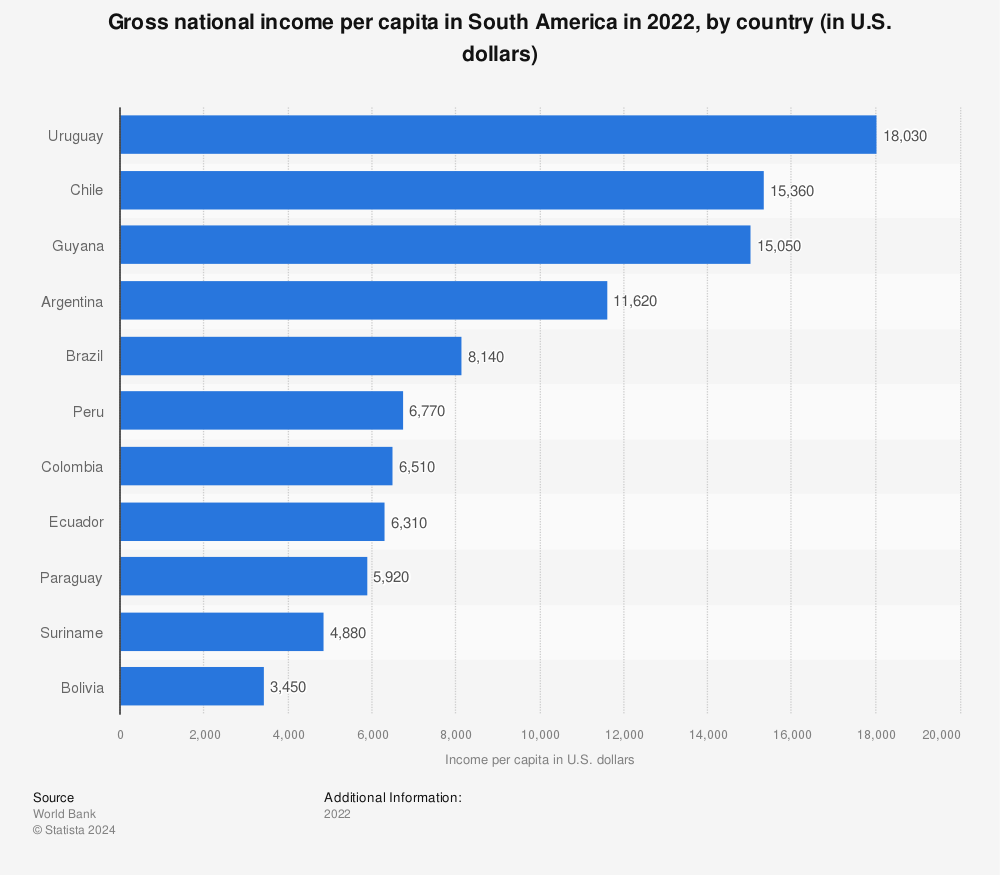The new season started last night. I will likely only have this post. I subscribed to a streaming option so I could get BeIN to watch Africa Cup of Nations. That subscription ended this morning, which mean I was able to watch the first game of the first round qualification.
Montevideo City Torque v. Barcelona (1-1). Montevideo is one of the City group football clubs. Historically this Uruguayan league has been a two-team league (Nacional and Penarol) with some other clubs claiming a rare title here and there. Montevideo City Torque has acquired some good young talent so we will see if and for how long this club might surpass some of those perennial third and fourth place teams like Danubio and Defensor Sporting. Then we have Barcelona a giant in Ecuador, who were semi-finalists in the 2021 Libertadores but I assume not deep enough to sustain that run and claim a spot high enough in the domestic league to enter this year's competition at the group stage.
The match was pretty good. The Barcelona bench melted down at the end and faced a few ejections that might impact the return leg next Tuesday.
Again, that's probably all I will have to contribute this year since it will be unlikely that I watch any other games. BeIN is a garbage channel run by people who do the opposite of what makes sense. Plus my neutral TV viewing has been focused on watching English football, which works better for my general life schedule.
Montevideo City Torque v. Barcelona (1-1). Montevideo is one of the City group football clubs. Historically this Uruguayan league has been a two-team league (Nacional and Penarol) with some other clubs claiming a rare title here and there. Montevideo City Torque has acquired some good young talent so we will see if and for how long this club might surpass some of those perennial third and fourth place teams like Danubio and Defensor Sporting. Then we have Barcelona a giant in Ecuador, who were semi-finalists in the 2021 Libertadores but I assume not deep enough to sustain that run and claim a spot high enough in the domestic league to enter this year's competition at the group stage.
The match was pretty good. The Barcelona bench melted down at the end and faced a few ejections that might impact the return leg next Tuesday.
Again, that's probably all I will have to contribute this year since it will be unlikely that I watch any other games. BeIN is a garbage channel run by people who do the opposite of what makes sense. Plus my neutral TV viewing has been focused on watching English football, which works better for my general life schedule.


Comment